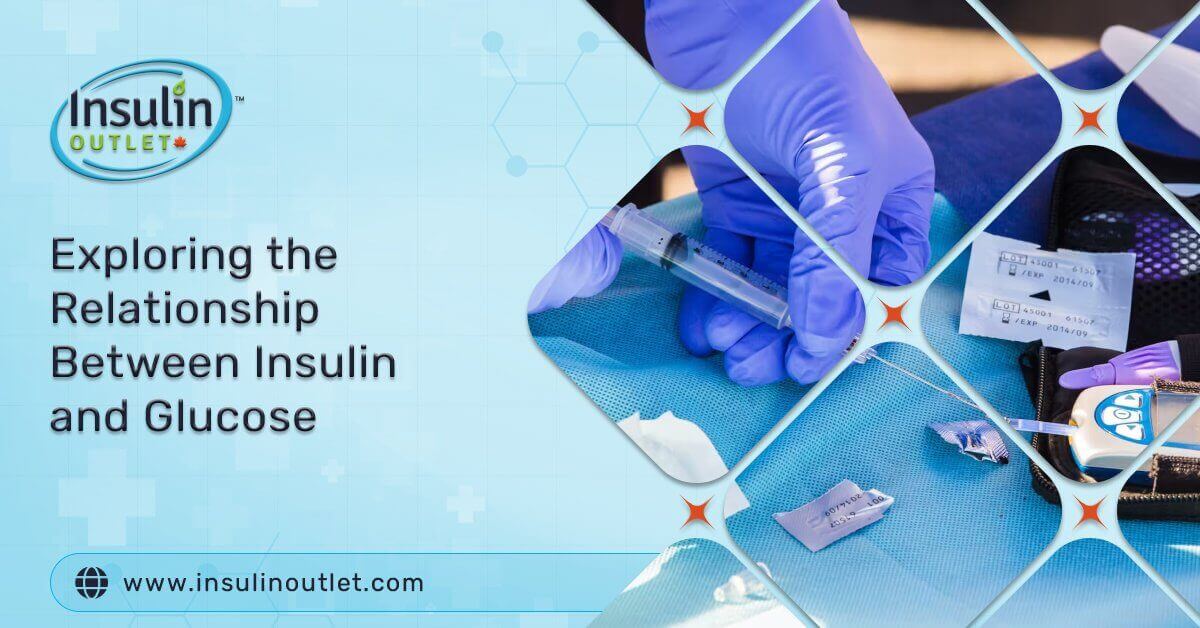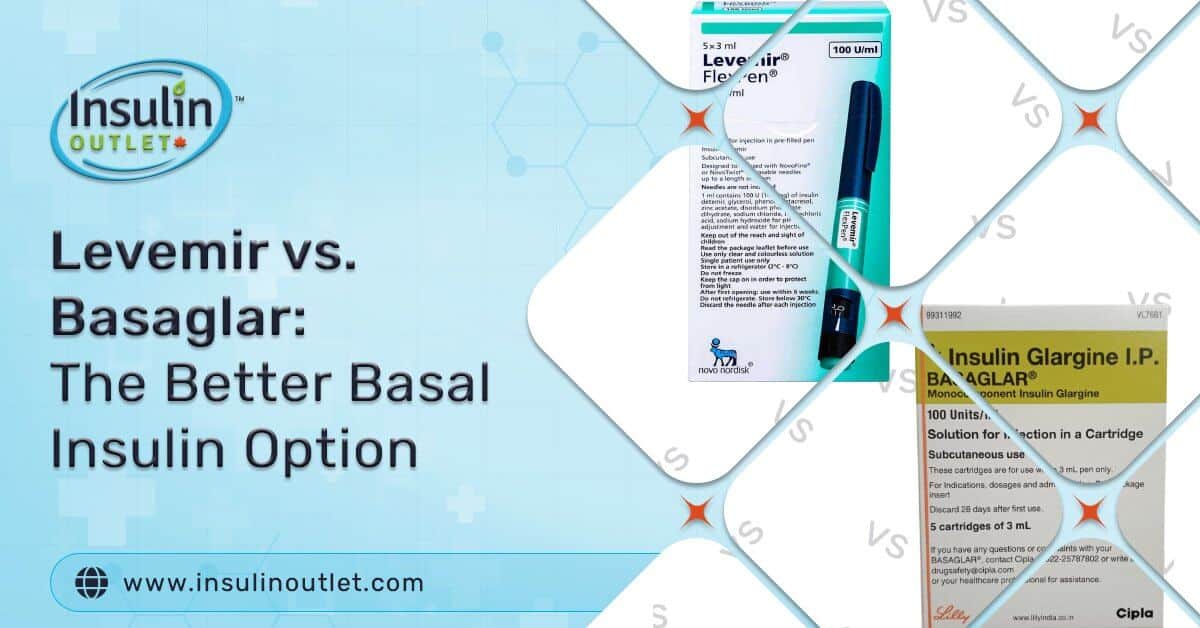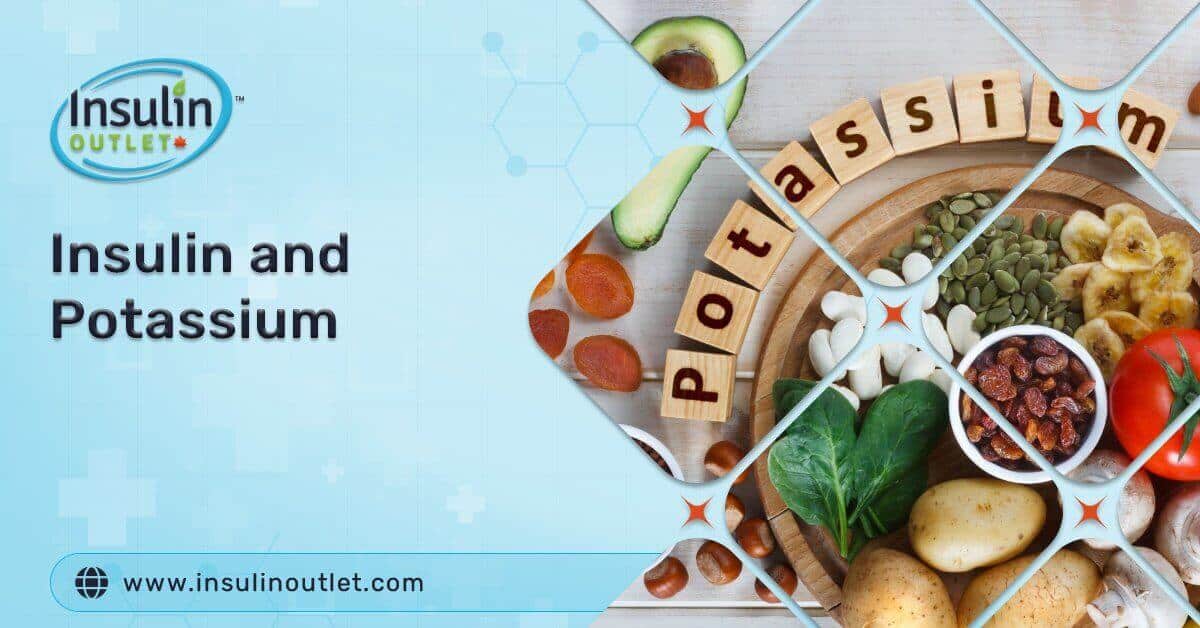
Potassium is the 19th element in the periodic table and the 7th most abundant metal found on earth. Even though it is a metal, small amounts of potassium are found in the human body. In the body, potassium is an essential mineral that you intake through food and water. It serves as an electrolyte, which means that it carries electrical charges throughout your body. These electrical charges are the reason you are able to lift something up, contract your muscles, or even have thoughts! Potassium also plays a crucial role in your body to help you retain fluids in your cells.
60% of the human body consists of water, and it is because of potassium that the water is able to be stored in cells for day-to-day functioning. In fact, most of the body’s potassium is reserved in the cells where it regulates how much more or how much less water is needed for you to function as efficiently as possible.
Potassium also plays a massive role in regulating healthy blood pressure, and without it, you would feel dizzy, nauseous, or unconscious. Too little or too much potassium in the body can disrupt regular functioning and lead to severe complications such as high blood pressure, irregular cardiac rhythm, and heart palpitations. In extreme cases, this could also lead to a heart attack.
Table Of Contents
ToggleWhat is Insulin? What Role Does it Play in Your Body?
Insulin is a naturally produced hormone in the body made by the pancreas. Insulin plays an essential part in normal functioning, as it helps the body break down sugars from food and convert them into energy for the body to use.
Without insulin, your body would not be able to process carbohydrates, sugars, or even excessive protein. After converting sugar into energy, the insulin in your body also stores the excess in your fat, liver, and muscle cells for later use. To function efficiently, your body produces insulin throughout the day to maintain a healthy blood sugar level. The insulin production is ramped up usually after a meal to deal with the incoming supply of food, which needs to be converted into energy for use.
Insulin also plays a vital role in the body’s fat production as it converts the excess glucose into fat cells and also converts extra protein into sugars which can then be converted into fat cells. Although it results in extra protein, insulin is not considered a steroid. Alongside that, insulin also regulates your metabolism and eating cycles. Just as your body’s circadian rhythm produces melatonin at your regular sleep time, your body also produces insulin at your normal eating time so that it is prepared to work its course efficiently.
What Causes Low Potassium?
Your kidneys maintain stable levels of potassium in your blood by excreting excess amounts. Usually, potassium is expelled through stool, urine, sweat, and tears so that our body functions. The lost potassium is generally replaced when you drink water or have potassium-rich foods, so potassium deficiency isn’t that common. However, if you lose excessive amounts of fluids too quickly, it can lead to potassium deficiency, called hypokalemia.
Hypokalemia usually happens when a person vomits too much, has diarrhea, or sweats excessively in a short time period. Hypokalemia is most common in people taking medication that makes them expel too much potassium.
You can also suffer from hypokalemia if you lack magnesium in your body, as your kidneys require magnesium to absorb and regulate potassium in your bloodstream.
Symptoms of hypokalemia include kidney problems, muscle weakness, constipation, irregular heartbeat, muscle cramps, and even paralysis.
Preventions of Hypokalemia
You don’t have to worry too much about having a potassium deficiency, as a recharge is readily available in the water you drink and the food you eat. However, if you are suffering from symptoms that would lead to low potassium, such as chronic vomiting & diarrhea, then it is recommended that you eat foods that are a rich source of potassium. A few of them have been listed for you to keep in mind next time you have them.
- Nuts
- Beans
- Bananas
- Oranges
- Tomatoes
- Potatoes
- Chicken
- Salmon
- Lentils
- Avocados
- Squash
- Raisins
What Causes Low Insulin?
Your body regulates insulin production throughout the day, ramping up after a meal to absorb the incoming glucose in your system to convert it to energy. Insulin medication is used to control blood levels and can be administered through vials and pens.
A disruption in your body’s insulin production can have critical effects on your health.
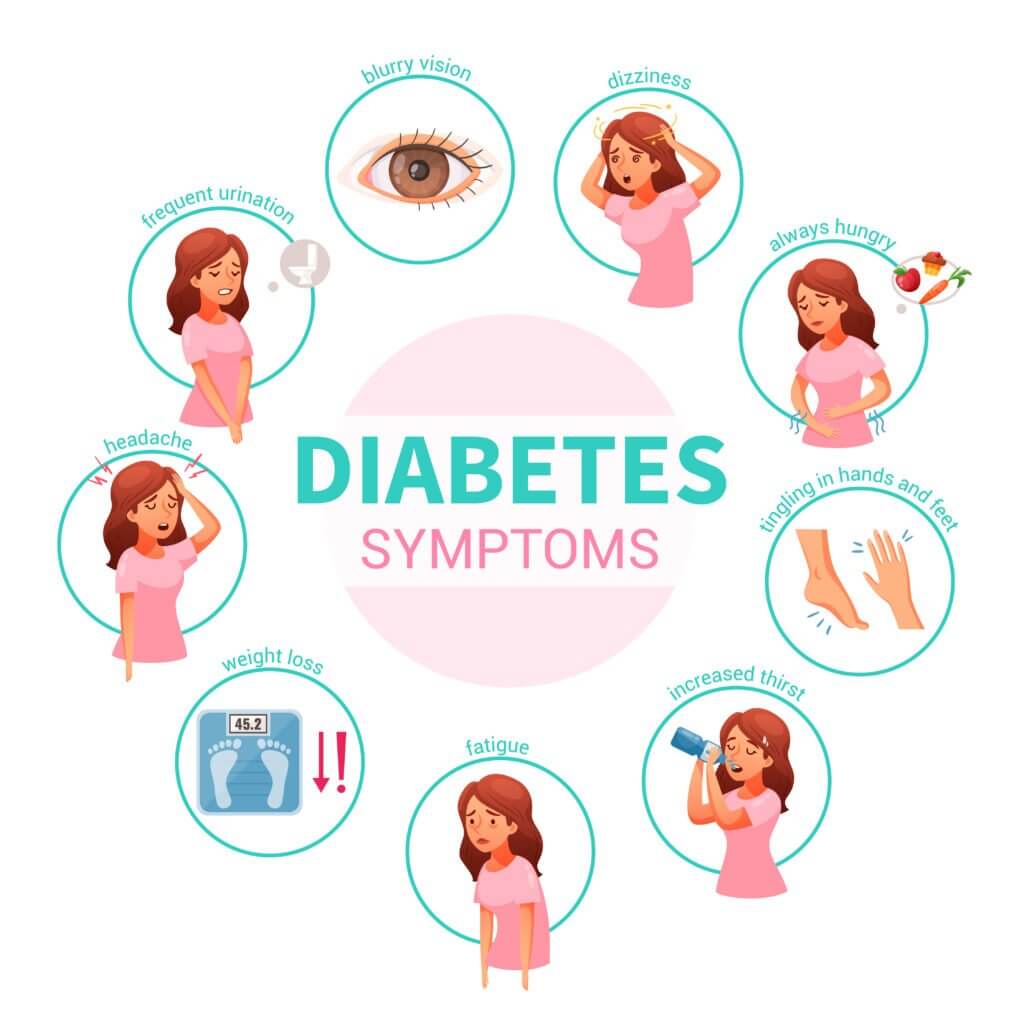
Not being able to produce insulin, deprives your body of intaking energy from the food you eat. Instead, all that unconverted sugar ends up in your bloodstream, consequently increasing your blood sugar levels. This increase causes even more hunger as your body is deprived of the energy from the food that you just ate. It can also cause excessive thirst, blurred vision, headaches, frequent urination, and various other issues.
Because your body cannot use the energy from the sugars that you eat, it turns to your fat cells for energy, a condition called ketoacidosis. Ketoacidosis comes with its own range of complications such as rapid heartbeat, dehydration, vomiting, unusually fruity-smelling breath, and in severe cases, even coma.
People with diabetes, however, cannot regulate insulin in their bodies because either their bodies can’t produce it or they have resistance to the insulin their bodies produce.
Hence people with diabetes are given insulin through inhalers, insulin pens, or insulin pumps to maintain balanced levels of it in the blood. Although your insulin levels drop when you are fasting, as there isn’t any sugar to convert into energy, this isn’t really an issue as they rise again after you have a meal. However, for people with type 2 diabetes, insulins levels don’t rise or don’t rise enough even after they have had a meal. This is because they either can’t produce enough, or their bodies are immune to the amount of insulin produced. you can be at risk of becoming insulin resistant (type 2 diabetes) if you fall into any of the categories on the right.
Higher Risks for Diabetes
- If you have a history of heart disease
- If you have high blood pressure
- If you are not physically active
- If you are overweight
- If you are over 45 years of age
Prevention of Low Insulin Levels
Insulin production is a natural process that you actively have no control over. Type 1 diabetes is not curable or preventable as it is determined by genetics and usually appears in adolescence. Even though type 2 diabetes is also genetic and not curable, it is preventable to some degree. There are different forms of insulin, such as short-acting insulin like Apidra, that fit certain diabetic agendas. To know what insulin is best for you, please contact your healthcare consultant.
Below we have listed some of the adjustments you can make to your lifestyle that decrease your odds of developing type 2 diabetes.
- Exercise regularly and be more physically active
- Eat healthy fats
- Shave off extra weight
- Drink water as your primary beverage
Even though these might sound like small steps, they go a long way in delaying and even preventing type 2 diabetes.
The Link Between Insulin and Potassium
People with type 1 don’t naturally produce insulin, whereas people with type 2 diabetes have insulin resistance. In both cases, this means that their body is unable to use the sugar that has been consumed as energy, resulting in elevated blood sugar levels.
Since their bodies are unable to use sugar for energy, they must rely on their fat reserves to power their daily activities. This condition is referred to as diabetic ketoacidosis because the breakdown of fat for energy results in the release of ketones into the body.
When combined with a high blood sugar level, these ketones cause potassium to be excreted through the kidneys as waste. What is even more concerning is that the treatment prescribed for diabetic ketoacidosis also causes potassium levels to drop significantly.
Fluids, electrolytes, and minerals in the body can be stored either inside or outside of the cells. The ones stored within the cells are referred to as intracellular fluids (ICF), whereas those stored outside the cells are referred to as extracellular fluids (ECF). Potassium is an ICF because it is found within cells and also aids in the retention of fluids within cells. When blood glucose levels rise, however, it can interfere with normal potassium function, causing potassium to move from the ICF into the ECF and enter the bloodstream as a result. Therefore, a higher glucose level in the blood results in a higher potassium level, and vice versa.
The potassium is reabsorbed into the intracellular fluid when insulin is administered to control high blood sugar levels.
This means that when people with diabetes are given insulin, their potassium levels must also be closely monitored, or else they risk developing further complications.
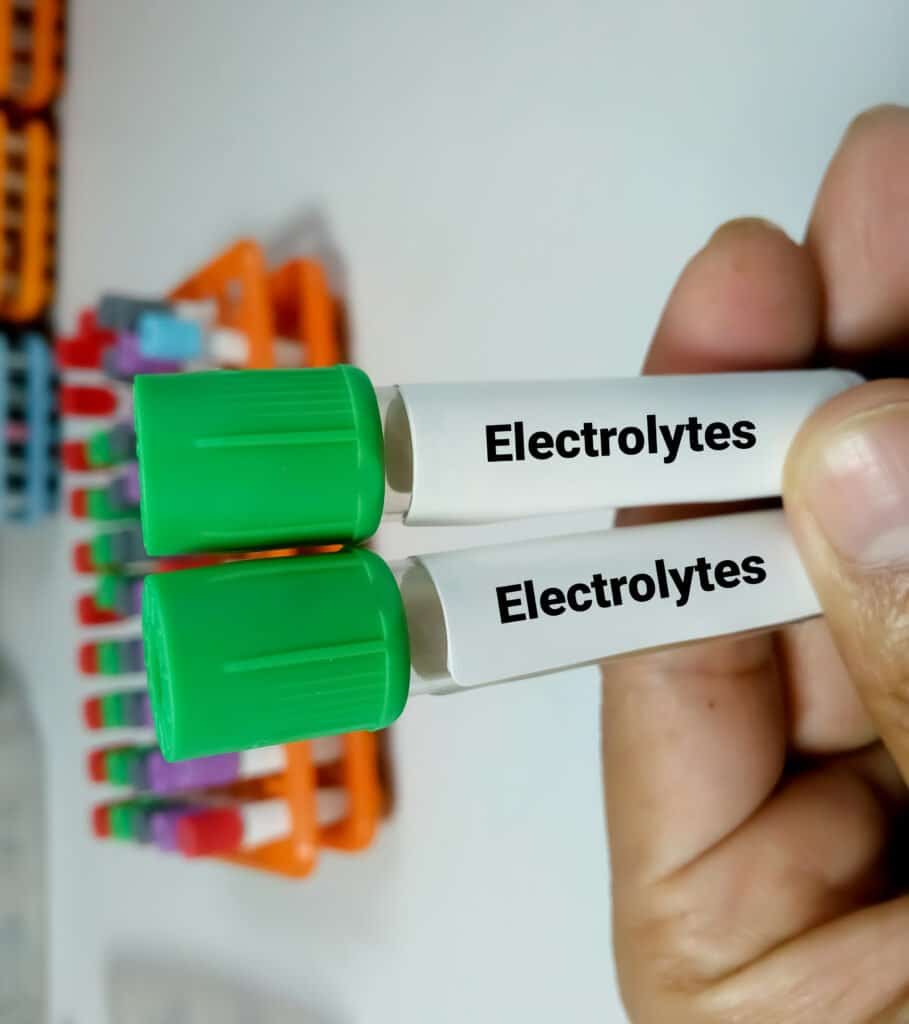
Studies have shown that when you have too little potassium in your body, it produces lesser insulin, which leads to higher blood sugar. This is very similar to people with type 2 diabetes. However, the direct link between low potassium levels and type 2 diabetes is yet to be made.
Share:


